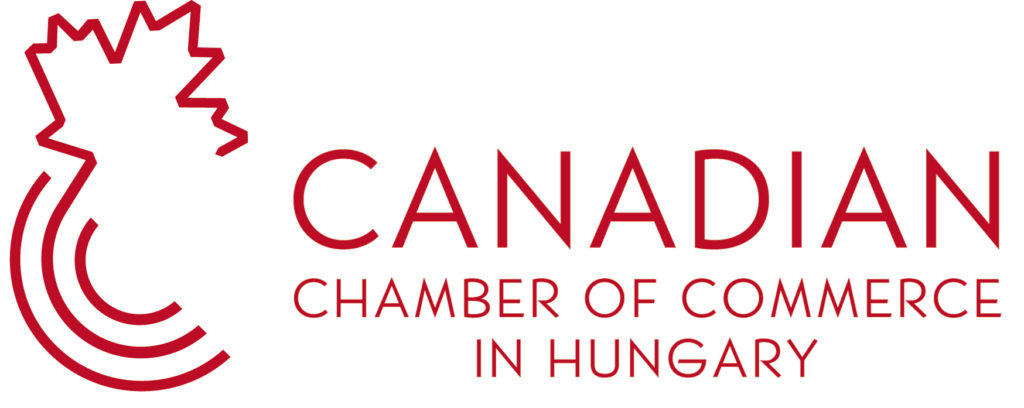A cautious optimism surrounds Mark Carney’s new cabinet, as business groups await clarity on trade policy, taxation, and budget timing.
Canada’s business community has reacted with measured interest to Prime Minister Mark Carney’s newly appointed cabinet. The economic portfolios suggest a strategic turn toward industrial innovation, housing affordability, and clean growth but policy specifics remain under inspection.
Economic Portfolios and Business Sentiment
Finance Minister Chrystia Freeland retains her influential position, while the inclusion of innovation-focused voices like Jennifer Welsh signals a shift toward productivity and competitiveness. Business leaders welcomed this direction but raised concerns about constant barriers to investment and project delivery.
According to the Financial Post, groups such as the Business Council of Canada and the Canadian Chamber of Commerce are calling for a business climate that enables long-term investment, particularly in clean technologies and infrastructure. They emphasize the need for more agile policy execution, especially in the context of labour shortages and global capital competition.
Budget Uncertainty and Income Tax Plans
This cautious sentiment is compounded by the delay of the federal budget, which was expected in spring but has now been postponed. The government intends to move forward with a reduction in personal income taxes by July, a move meant to counter high living costs and restore consumer confidence. However, the lack of detail on fiscal planning leaves the business sector without clear direction in the short term.
Trade Pressures in a Shifting Global Context
A related Financial Post report underscores that Canada’s longstanding identity as a trading nation is under pressure. With 75% of exports reliant on the US market, experts warn that diversification is lagging. Rising geopolitical risks and protectionism globally are prompting calls for renewed focus on international trade strategy and infrastructure especially critical for firms with transatlantic links.
Implications for Canadian-Hungarian Business Links
In this evolving context, Hungarian businesses engaged with Canadian partners should follow policy developments closely, especially regarding taxation, innovation funding, and regulatory reform. The expected pro-growth direction may create opportunities in sectors like clean tech and industrial R&D, but only if bureaucratic bottlenecks are addressed. Conversely, Canadian firms in Hungary may find new support tools or tax advantages emerging as part of Canada’s competitiveness agenda.
For the latest updates and insights on Canadian-Hungarian economic relations and merely Canadian economic news, follow the Canadian Chamber of Commerce in Hungary accross our platforms.
Written for the Canadian Chamber of Commerce in Hungary News Section as part of our ongoing coverage of developments affecting Canadian trade, economy and international partnerships, May 2025




